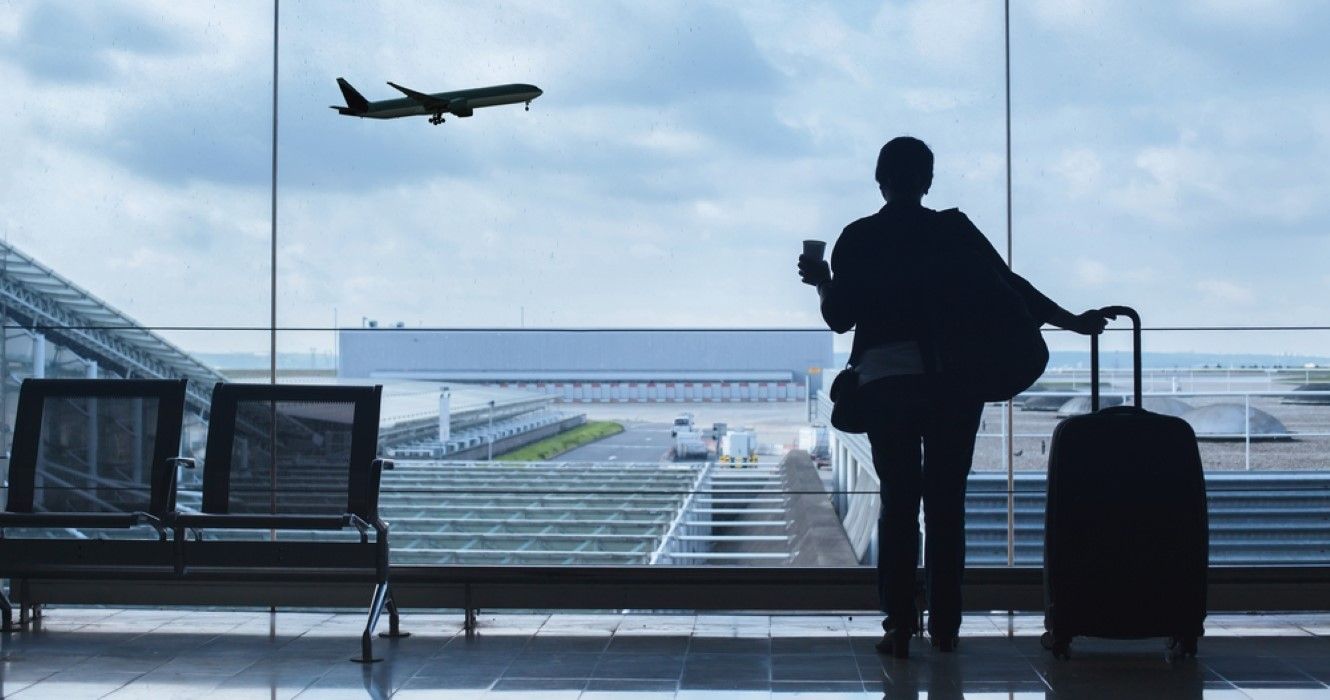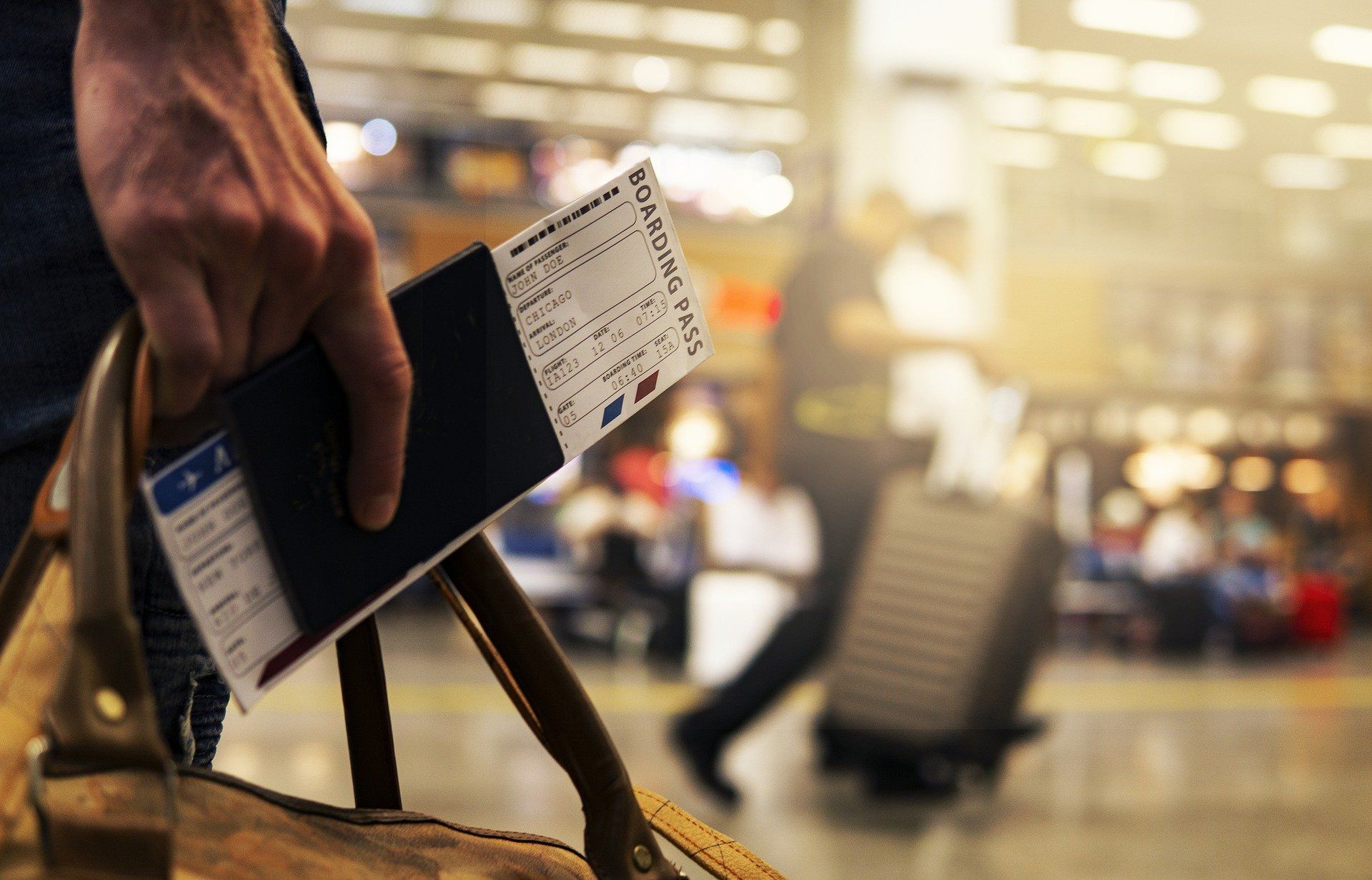Quick Links
Family, career opportunities, or simply a change of scenery and culture are among some of the most common motivators for considering a move to a different country. In today’s hyper-connected world, many have also been taking advantage of their newfound job flexibility. After a stint of living and traveling overseas while working online, sometimes there is little desire to return home when a tourist visa expires.
While navigating all the logistics can be daunting, planning ahead with proper research and preparation will facilitate a much smoother process for moving abroad.
Consider Visa Options And Pathways To Residency
First and foremost, it is important to be realistic about whether moving to the desired country is possible. This will vary greatly on a case-by-case basis, depending on factors such as finances, professional qualifications, family ties, and more. While there are dozens of visas on offer that differ from country to country, below is an overview of some commonly applicable visa categories to look into.
Family-based visas
Obviously, this option won't be available to everyone, but it is generally one of the simplest and most direct ways to secure a residency visa abroad.
Depending on the country, visas may be available via family ancestry. For example, if a parent, grandparent, or in some cases even great-grandparent was born abroad, other family members may qualify for a family-based visa in their birth country. This is especially helpful for EU countries, as qualifying for residency in one opens the door to many others.
Another common scenario for family-based visas is a romantic relationship. In many cases, couples can qualify via a de facto relationship without marriage (although, in some cases, like in the United States, marriage is required). For anyone with a foreign partner, it is worthwhile to start creating a paper trail early in the relationship. Things like joint leases, bank accounts, etc., are extremely helpful in the visa process down the road.
Employment Sponsorship
Those already working for a multinational company are often able to take advantage of relocation opportunities and visa assistance for such positions. This will streamline the entire process.
Starting from scratch and finding a foreign employment sponsor is also possible, but it is significantly easier in highly-specialized or in-demand fields. It is always necessary for an employer to prove there is no local labor available or qualified for a position before hiring international candidates, so anyone interested in employment sponsorship will need to do some research into the local labor market first. Don't think that employment sponsorship is only for rocket scientists and heart surgeons, though; professions such as nursing and teaching English are in demand worldwide too.
Student Visas
While student visas are only temporary, they are long-stay visas that are valid for the entire duration of education. For undergraduate and graduate programs, students can live in the country for multiple years and usually even obtain permission to work part-time.
Student visas are inexpensive and simple to obtain with proof of enrollment. The other big benefit is that they can serve as a foot in the door for permanent residency. Australia, for example, offers an 18-month graduate visa that is only available to those who have held an Australian student visa in the previous six months. Within this time, an employment sponsor can often be found.
Skilled Independent Visas
These visas are the most difficult to obtain because they come with the least restrictions since no sponsorship is needed. They also tend to be the most expensive. Independent visas often utilize a points-based system; applicants are awarded different point values for a variety of merits. These can include the level of education, profession, age, language proficiency, and more. Extra points may be rewarded for higher education degrees completed in the country, which is another reason why a student visa can be a good starting point.
Plan Ahead: Paperwork And Expenses
For anyone who has the slightest inkling that a move abroad could eventually be on the cards - do not delay with getting the paperwork in order. This doesn't mean the visa application process, but rather the paperwork that is required to even start the application. Requirements will vary, but the following documents are almost always necessary:
- Proof of Identity: birth certificate and valid passport
- Proof of Financial Solvency: bank statements reflecting the required income via employment, investments, or other means.
- Proof of Professional Qualifications or Family Ties: official university transcripts or skilled trade certifications, or marriage certificate and/or personal identity documents of the family member abroad.
- Character Assessment: federal background/criminal record check. There are some offenses that disqualify applicants from obtaining a visa, so everyone must consider their personal circumstances.
It is important to note that all personal documents will first need to be translated (by a federally-certified translator) into the native language of the foreign country. Documents will also require an apostille if the foreign government is a member of the 1961 Hague Convention. Apostilles verify the authenticity of publicly-issued foreign documents, which must be obtained from the country of origin.
Finances And Budgeting
Visa application fees alone are often upwards of several thousand dollars, so it is important to be prepared. Then there are all the costs related to actually moving. Here are some of the major expenses to keep in mind:
- Transportation: whether bringing a vehicle or purchasing a new one, there is significant expense involved. Without a vehicle, it is necessary to consider if there is sufficient public transportation available and what it would cost long-term.
- Moving expenses: shipping all belongings (such as furniture and vehicle) in a shipping container vs. bringing the minimum and purchasing new items aboard
- Healthcare: be sure to research coverage abroad and if a private health insurance plan will be necessary.
- Rent and Cost of Living: if working in the local currency, will the wages be high enough to pay rent? In tourist hotspots, costs tend to be high while wages are low.
Get To Know The Locals When Moving Abroad
Last but certainly not least, it is important to think about cultural assimilation. Volunteering is a great way to meet locals and feel a sense of purpose in a new place. At least one extended stay (one month or more) before making any moves is strongly advised. This allows you to have more of a grasp on what local life is like when not on vacation and establish a daily routine, budget, etc.
The importance of learning the local language (if it's not English) cannot be emphasized enough. A sense of community and belonging is what makes a place really feel like home, and it is not possible without communication.






